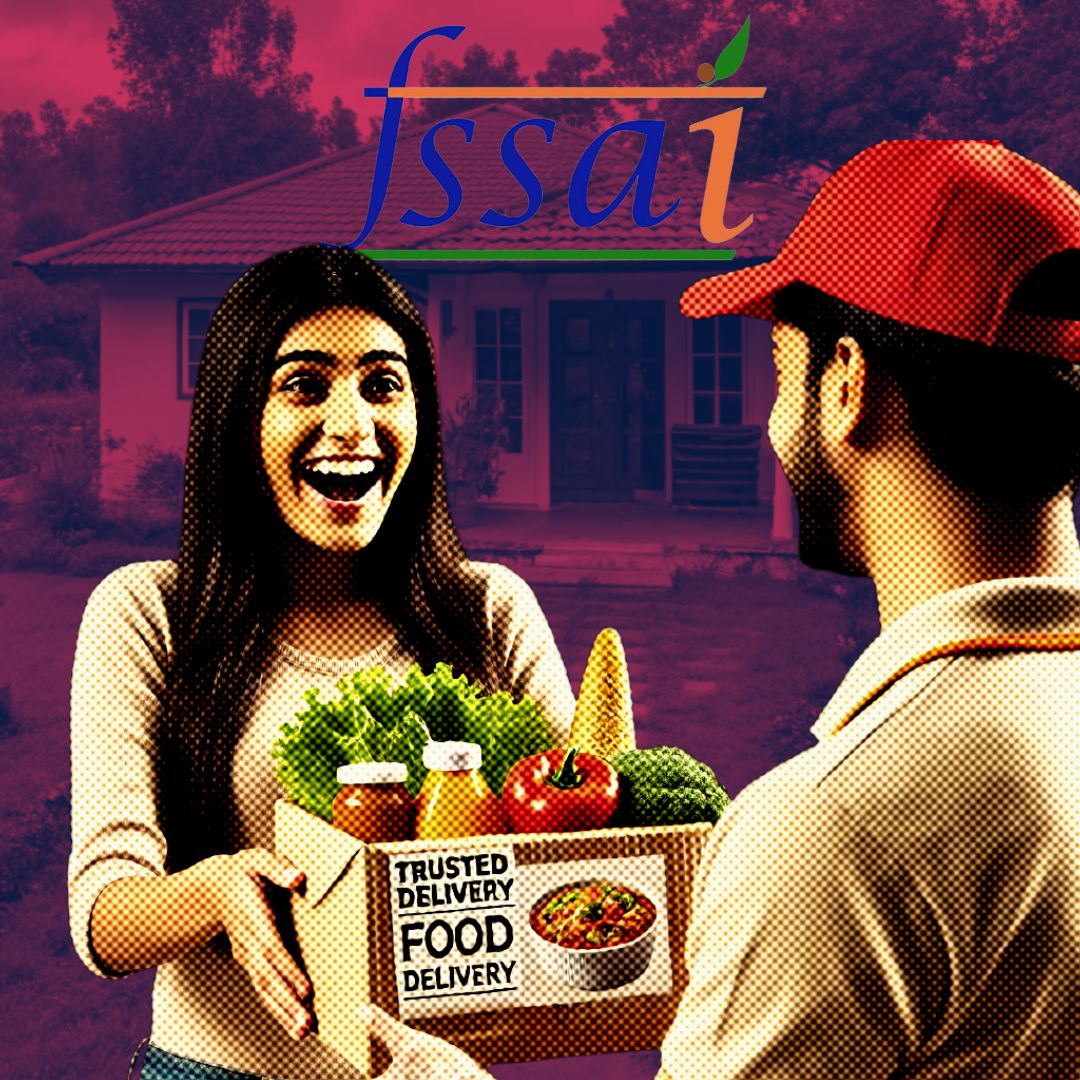The Food Safety and Standards Authority of India (FSSAI) has taken a significant step towards enhancing food safety in the e-commerce sector by mandating that online food platforms ensure all delivered items have a minimum shelf life of 45 days before expiry. This directive, announced on November 12, 2024, comes in response to growing consumer complaints about the sale of expired or nearly expired products on digital marketplaces.
Understanding the Directive
The FSSAI’s new regulation aims to protect consumers by ensuring that at least 30% of the product’s shelf life remains at the time of delivery. This initiative is crucial as it addresses the increasing concerns regarding food safety compliance among e-commerce food business operators (FBOs). The directive applies to major players in the industry, such as Swiggy, Zomato, and BigBasket, and requires them to adopt best practices for product handling and delivery.
In addition to this shelf life requirement, the FSSAI has emphasised the importance of training delivery personnel in food safety and hygiene protocols. It has also mandated that food items be delivered separately from non-food items to prevent contamination. These measures are expected to foster greater transparency and accountability within the online food marketplace.
Expert Advice and Tips
To navigate these changes effectively, consumers should consider the following tips:
1. Check Expiry Dates: Always verify the expiry date on products before purchasing them online. Ensure that there is a substantial shelf life remaining.
2. Read Labels Carefully: Be aware of any claims made about product freshness or quality. Look for consistency between what is advertised online and what is stated on the product packaging.
3. Report Issues: If you receive products that do not meet safety standards or are near expiry, report these issues to both the platform and relevant authorities to help improve compliance.
4. Support Compliant Platforms: Choose to order from platforms that visibly adhere to FSSAI regulations and display their compliance certifications.
The Logical Indian’s Perspective
At The Logical Indian, we believe that consumer health and safety should always be paramount. The FSSAI’s directive is a commendable step towards ensuring that e-commerce platforms uphold stringent food safety standards. By fostering transparency, accountability, and responsible practices within the industry, we can create a safer environment for consumers. This move not only protects individuals but also promotes a culture of trust in digital marketplaces.
As we navigate these changes, it is essential for all stakeholders—consumers, businesses, and regulators—to engage in constructive dialogue about food safety. How can we collectively ensure that our food systems remain safe and trustworthy? We invite our readers to share their thoughts and experiences on this topic in the comments below. Your insights could contribute to a more informed community!









